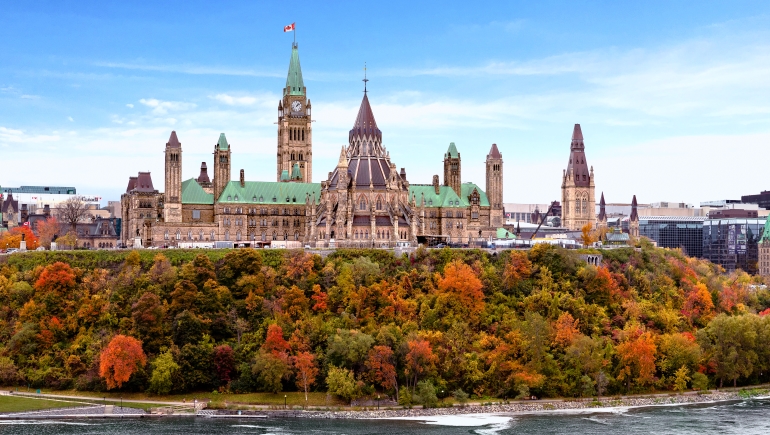REALTORS® across Canada urge governments to reduce costs and remove barriers to home ownership

REALTOR® associations from Canada’s largest real estate markets are calling on all levels of government to take meaningful action to make home ownership more accessible to people across the country.
With the federal election on October 21, the Toronto, Calgary and Vancouver real estate boards, together with the Quebec Professional Association of Real Estate Brokers, the REALTORS® Association of Edmonton and the Nova Scotia Association of REALTORS® are urging the federal political parties to commit to policies that will help remove barriers and reduce the cost of home ownership.
These organizations are asking the federal political parties to adopt the following housing affordability recommendations:
- Revise the Office of the Superintendent of Financial Institutions’ mortgage stress test to take into account its impact on different real estate markets across the country. The federal government should view the stress test as a flexible policy and adjust it based on changing economic trends and interest rates.
- Replace the $750 First-Time Home Buyers Tax Credit with a $2,500 non-refundable tax credit for first-time home buyers.
- Reintroduce 30-year mortgage amortizations.
- Consider regional differences when implementing nation-wide measures that affect home buyers.
With housing affordability and supply a top-of-mind issue for Canadians, REALTORS® across the country want to work with federal, provincial and municipal governments to increase home ownership in Canada. There is too much regulation, at all levels of government, focused on curbing demand and providing “one-size-fits-all” solutions that do not take local market conditions into account.
Toronto Real Estate Board
“With increasing pent-up demand and accelerated price growth, recent policies focused on demand such as the mortgage stress test have made home ownership less attainable. Affordability pressures need to be addressed by restoring a 30-year allowable amortization period on mortgages,” said Michael Collins, President of the Toronto Real Estate Board (TREB).
“We need concrete results in the Greater Toronto Area to address the lack of supply by reducing red tape for building, relaxing zoning to expand mid-density (e.g., townhomes) housing, facilitating more transit-oriented development, accelerating infrastructure improvements and lightening the taxation burden facing home buyers. The Ontario government and the City of Toronto are working on solutions to bring more supply on-line, but specific milestones should be set,” added John DiMichele, Chief Executive Officer of TREB.
Real Estate Board of Greater Vancouver
Nova Scotia Association of REALTORS®
Quebec Professional Association of Real Estate Brokers
Calgary Real Estate Board
REALTORS® Association of Edmonton
Quick facts
- The combined real estate boards and associations represent 92,000 REALTORS® across the country, 70 per cent of REALTORS® across Canada.
- Between 2014 and 2016, on average, there were 504,538 home sales processed annually through Canadian MLS® Systems.
- Ancillary (spin-off) spending for these transactions is estimated to total over $31 billion per year across Canada – a significant contribution to the Canadian economy.
- The First Time Home Buyers Tax Credit is a $750 non-refundable tax credit for first time home buyers.